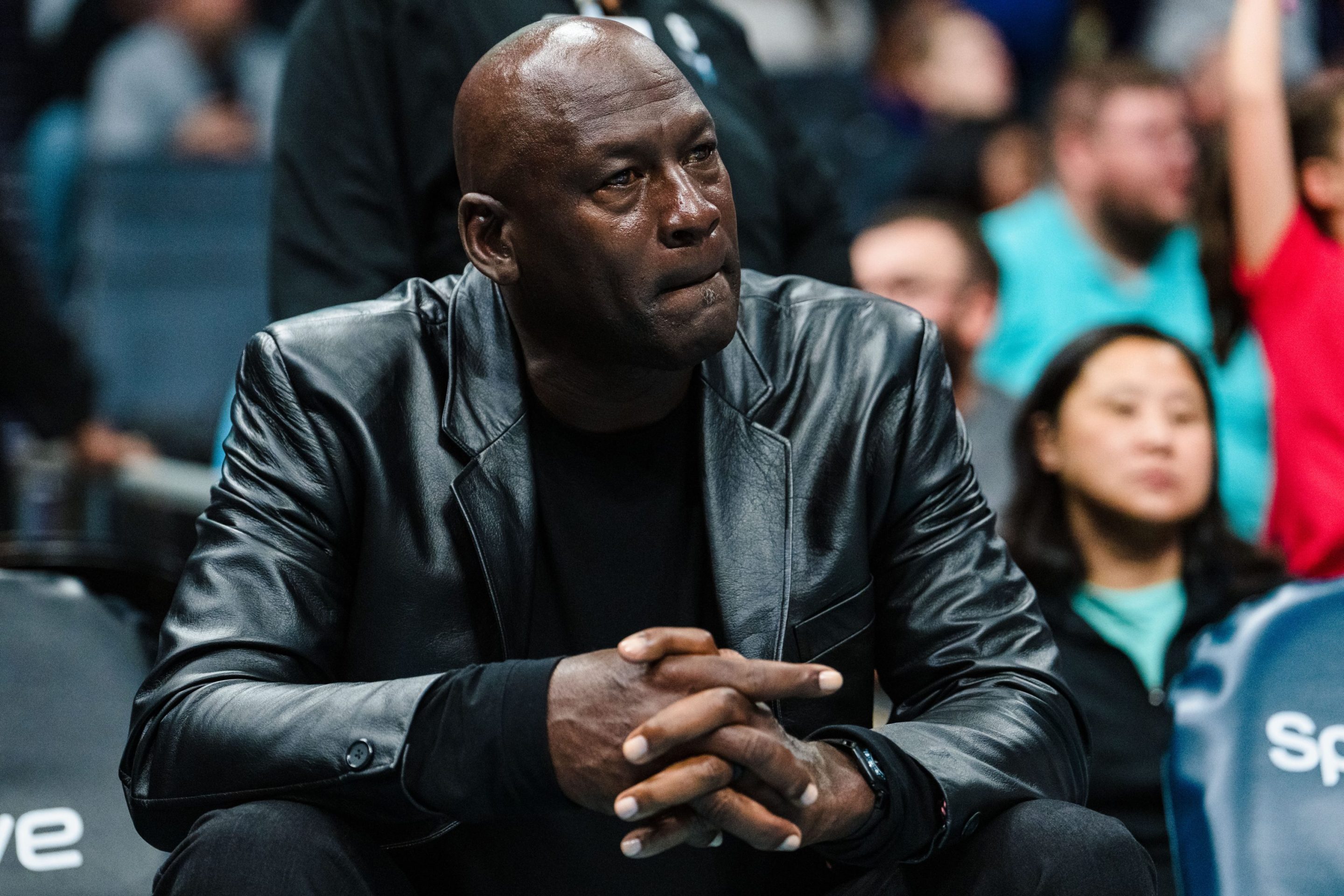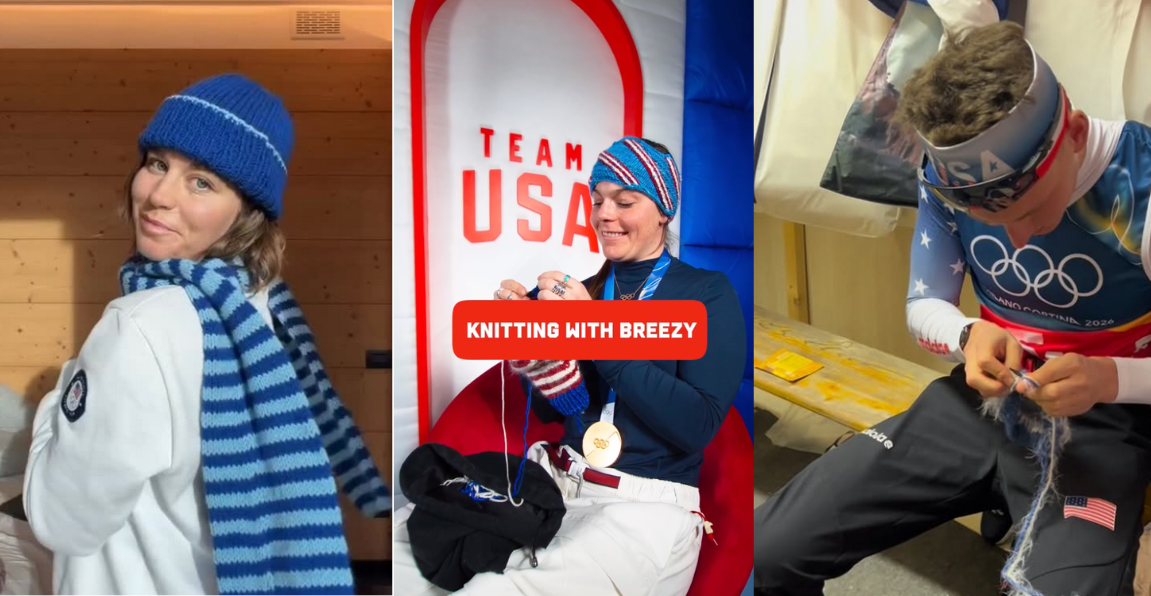There will be no minced words here: Michael Jordan was a bad owner and his time running the Hornets was mostly a disaster. This was usually related to his own executive decisions, but on occasion Jordan was screwed over by Charlotte's special brand of sports black magic. Jordan took ownership of the Hornets in early 2010, when they were still called the Charlotte Bobcats; that nickname was a play on the name of the team's owner at the time, BET's Robert Johnson. Johnson sold the team to Jordan at a rare moment when it was experiencing some success, which in this franchise's case is defined as "making the playoffs just to get reamed in the first round."
Naturally, people had big expectations for Jordan as a team owner; not only was he the first player to be the majority owner of an NBA team, he was Michael freaking Jordan—the ultimate winner. That reputation had taken a hit during Jordan's comeback with the Wizards, which produced some historically awful vibes and very little in the way of on-court success. But hey, Jordan wasn't the true owner in that situation, and now that he had full control he could and conceivably would get back to doing what he'd always done. Jordan's tenure got off to a rocky start when, in 2011, the still-Bobcats traded Stephen Jackson, Shaun Livingston, and the 19th pick of the 2011 draft to the Milwaukee Bucks for Corey Maggette and the 7th pick, which eventually became Bismack Biyombo. Not exactly a slam dunk, there, but the Hornets did luck out with their second selection when they took Kemba Walker, fresh off a championship at UConn; he would eventually be the franchise's marquee player for the decade. In the next season, which was shortened due to the lockout (more on that later), the Mikecats put up the NBA's worst-ever record by win percentage, going 7-59. Despite this, the Cats very famously ended up getting the second pick of the 2012 draft, losing out on the chance to draft Anthony Davis. They had to settle for the next best player in that year's draft: Michael Kidd-Gilchrist. Yup. Second-best player. Please do not try to look up any further information related to that assertion.
That lockout-shortened season clarified and then cemented a lot of things about Michael Jordan as an owner. Like many superstar athletes, Jordan couldn't relate to or really stomach anyone that wasn't exactly like him—a workaholic, a maniacal overachiever, a champion. As an executive, he was prone to prop up guys who worked hard and had the right "motor" over guys with "actual talent." Since his time with the Wizards, Jordan had been vocal about his feelings that athletes were making too much money and it incentivized them to be lazier than the guys of his era. This gets us to the 2011 lockout. During that five-month stalemate, whatever agreement could've been reached between players and the league was thwarted by a group of hard-line owners who wanted to cap of the player's share of Basketball Related Income (BRI) at 47 percent. This group of hard-liners was led by Michael Jordan.
This was seen as a betrayal by players who had idolized him, and the media called him out as flip-flopping once he was on the side of management. This only looks hypocritical, though. When Jordan was a player, he famously called out the then-owner of the Washington Wizards during the 1998-99 lockout for trying to pull a similar hard-line, saying "if you can't make a profit, you should sell your team." He also famously refused to scab during the MLB strike in 1994, returning to basketball instead. But Michael Jordan has always been about winning, and growing Michael Jordan The Brand; if there's any consistency to be found, here, it's that he has reliably sided with whichever position will allow him to do those things.
This also plays a role in why Jordan was never a good owner. Charles Barkley called him out on television for surrounding himself with yes men who prevented him from making sound decisions; Jordan did not take kindly to this, and essentially ended what had been a close friendship. Whether it was the influence of those yes-men or Jordan himself, his team sure hired a lot of ducks for coaches and drafted guys seemingly based on whichever team did well in that year's NCAA tournament (Frank Kaminsky ahead of Myles Turner and Devin Booker might be the funniest of these). Jordan mostly golfed through it, but there were also stories of him challenging his players' basketball ability, which is one thing when you're on the team and another when you own it.
Never forget when Michael Jordan slapped Malik Monk in the head during a game 😭 pic.twitter.com/Ei82i2tXnA
— Complex Sports (@ComplexSports) June 16, 2023
And yet, when Jordan finally ended his ownership experiment, he still sold his stake in the team for $3 billion. Plenty of people will ignore context and try to argue that this was another win for Jordan and not just a sign of how popular the league has become (and how failure-proof owning a sports team has become in America.) The team's new ownership is full of finance types; they may make panic moves to try and prove their value as new stewards of the ship, or they might just sit back and let the value of the franchise continue to increase regardless of how poorly the team continues to play. At least LaMelo Ball will get to hang out with J Cole whenever he wants, although he's probably more into Lil Baby or something. Either way, the Charlotte Hornets will likely never be great. But they no longer have to be miserable in the way they were with Michael Jordan in charge.






